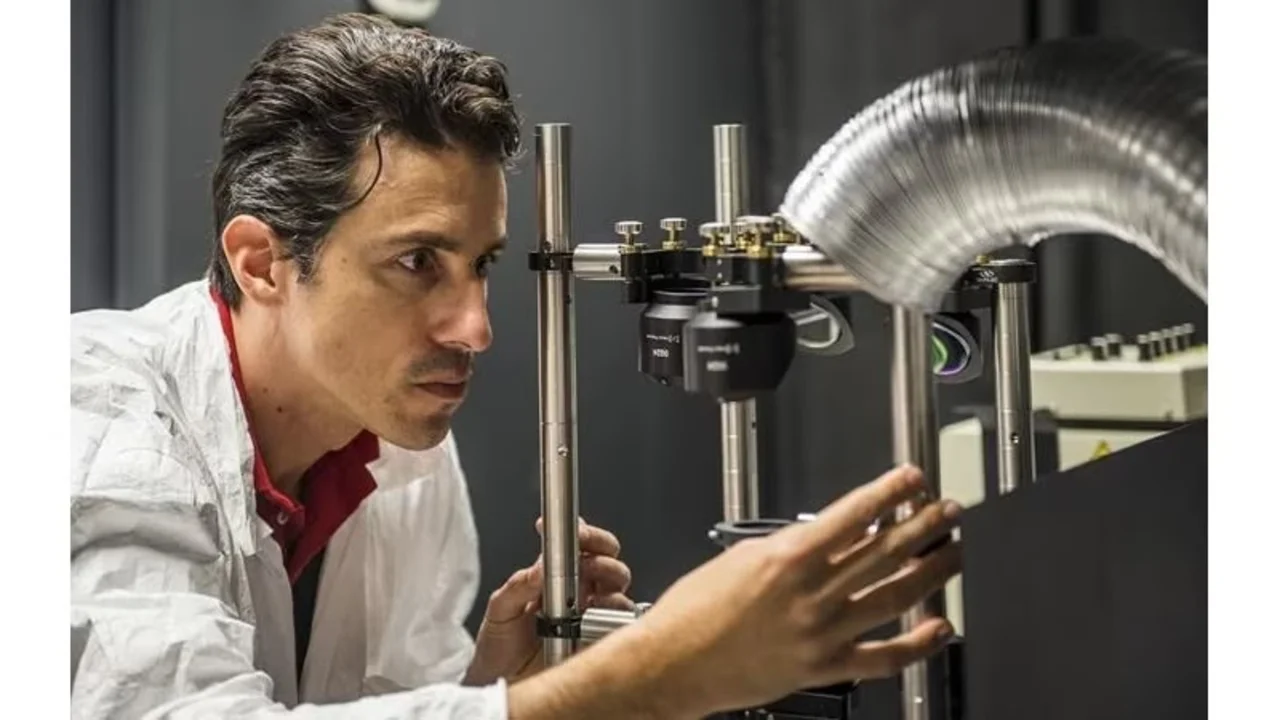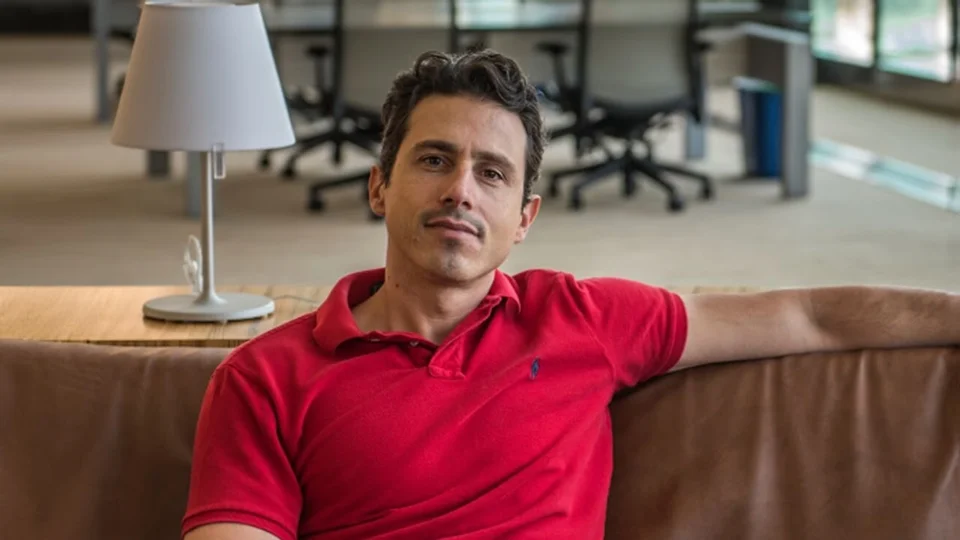
KAUST Associate Professor Andrea Fratalocchi elected Fellow of the Optical Society
Andrea Fratalocchi, associate professor in the University's Computer, Electrical and Mathematical Science and Engineering division, was recently elected as a Fellow of the Optical Society (OSA) at the society's Board of Directors meeting in September.
About
By David Murphy, KAUST News
Andrea Fratalocchi, associate professor in the University's Computer, Electrical and Mathematical Science and Engineering division, was recently elected as a Fellow of the Optical Society (OSA) at the society's Board of Directors meeting in September.
The OSA, founded in 1916, is the leading professional association in optics and photonics. With his Fellow membership, Fratalocchi joins a distinguished group of OSA members who have served with distinction in the advancement of optics and photonics.
Fratalocchi was honored for his "pioneering innovations in the use of complex optical systems and the development of creative technologies in clean energy harvesting, bio-imaging and advanced optical materials," OSA stated.
The Fellowship was awarded largely to the research results Fratalocchi has produced over the past decade at KAUST. Thus far, the scope of his research has generated strong funding and large interest from media and industry, and it has also attracted a wide range of students and collaborators to his research group.
"It feels like a real honor to be recognized by this Fellowship," Fratalocchi said. "My research at KAUST created virtuous feedback that fueled the impact and recognition necessary to obtain the Fellowship. The OSA is a world-leading society for optics and photonics, and receiving such appreciation from my peers is extremely gratifying."
Complexity science
Since joining KAUST in 2011 from his role as a postdoctoral fellow at the Sapienza University of Rome, Italy, Fratalocchi has dedicated himself to the advancement of the field of physics and engineering—and recently to the study of applied complexity. This novel form of research tries to understand complex physical systems (regulated by a large number of interacting degrees of freedom) and transform them into different technologies.
The approach is characterized by nonlinearity, unlike traditional "cause and effect," or linear thinking. Examples of applied complexity include chaos theory, rare events, brain functions, natural mimicry and camouflage, swarms cooperative dynamics, intelligence, etc.
"Despite that in some cases, the evolution of these systems seems dictated by relatively simple interactions—such as predator-prey games in nature or neurons that send electric stimuli to their nearest neighbors—the effects arising are advanced and sophisticated [and have] a common denominator: extreme efficiency and sustainability," Fratalocchi noted.
Read the full article
